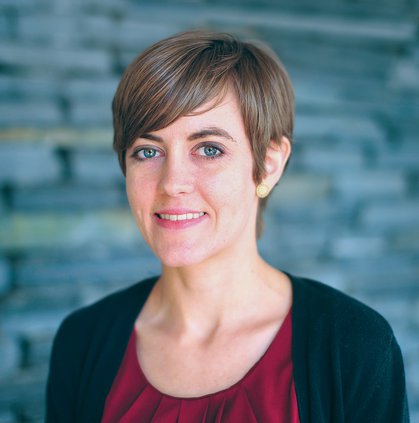It’s a strange world when a reporter’s job is to report that things didn’t happen.
But we seem to be finding ourselves doing just that more often.
Rumors spread like wildfire on social media, and when those rumors start affecting life in our community, we think it’s worth our effort to get to the bottom of things.
So when a rumor spreads about ICE raids, I walk out to our newsroom and ask a reporter to find out whether said rumors are true or false.
He’s already seen the rumors. He’s built relationships with local law enforcement who can tell him what they know. He talks with the Gainesville Police for a while. He talks with the Hall County Sheriff’s Office for a while. He calls up ICE and gets its version of events.
For the record, we also called up the poultry plant, but we didn’t get any response.
The reporter writes a story. I edit that story. We write a headline, get a photo and publish that story online. I could keep going if you want all the pieces that go into that story appearing in the print edition that was thrown on your driveway.
It’s not heavy-hitting investigative journalism that takes weeks to pull off, but it’s valuable work nonetheless, and it’s not the last we’ll report about our local poultry industry, either.
But what happened next was frustrating.
We were called liars.
Now, to be fair, there are plenty of people who didn’t call us liars, who shared the story with their friends and who appreciated having the information.
But in an age of vast amounts of (mis)information, we all need a better understanding of what credible information looks like, and when the local news media is discredited, it doesn’t just hurt us, it hurts the community that now has no source of valid information.
That’s not to say we don’t sometimes make errors. But what sets us apart from social media and some national media is that you can contact us and tell us when we make a mistake — and if we find that we did make a mistake, we will sincerely thank you and make a correction.
I can see the Facebook commenters’ gifs now of some famous person laughing like what I just said was ridiculous.
But we did just that when we realized we had incorrect information about why some 300 immigrants were released in Mississippi. Corrections publish on page 2 of this newspaper and are made online as soon as we can confirm a mistake was made and obtain the accurate information.
We go to great lengths to avoid making errors because our credibility is important to us.
That’s why we asked for proof from those who called us liars on social media. We got zilch.
If ICE has lied to us and someone has proof there was indeed a raid, we’d like to know. However, an inconclusive video on Snapchat or a screen grab of a rumor posted on Facebook or the fact that so-and-so said they saw a police officer — none of that verifies there was a raid.
Does the media have some issues getting accurate information and providing valuable context? Yes, it certainly does, some outlets more than others.
But this outlet here in Gainesville wants to provide you with accurate information and context. Sometimes that takes a day’s work, sometimes that takes a few weeks of work. Sometimes that takes us a lot of work and then a bigger outlet repackages it and gets the fruits of our labor.
HBO’s John Oliver knows what I’m talking about.
“The media is a food chain that would fall apart without local newspapers,” he said in a 2016 episode of “Last Week Tonight.”
If the local newspaper doesn’t exist, John Oliver has less to talk about and so do a lot of other national media sources. The Huffington Post or Fox News aren’t likely to show up to find out about the Gainesville poultry industry’s hiring issues or how many illegal immigrants were detained at the Hall County Jail at the start of Trump’s presidency or what kind of public resources immigrants can and can’t access. That’s work we do every day and have done every day for decades.
If the number of people who think we’re liars keeps increasing, credible information — and the people who report it — will one day disappear. So, if you think what we do is valuable work, please spread the word. Share this column. Debate with your friends about the value of local media. Ask me to visit your civic club to share about what we do and answer your questions. If you hear a rumor, ask us about it. And if you think we’re missing a huge piece of a story, tell us. Believe it or not, we want the truth as much, if not more, than you do.
Shannon Casas is editor in chief of The Times and a foster parent. You can hear her most weeks on the Inside The Times podcast on iTunes or Google Play.

